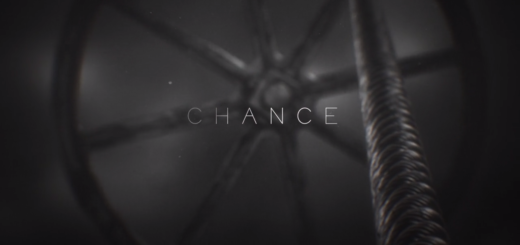Hit or Sh**: CBS’s STAR TREK: DISCOVERY
In this Crossfader series, our intricate and complex rating system will tell you definitively whether new television pilots are worth your valuable time. We call it: HIT OR SH**.
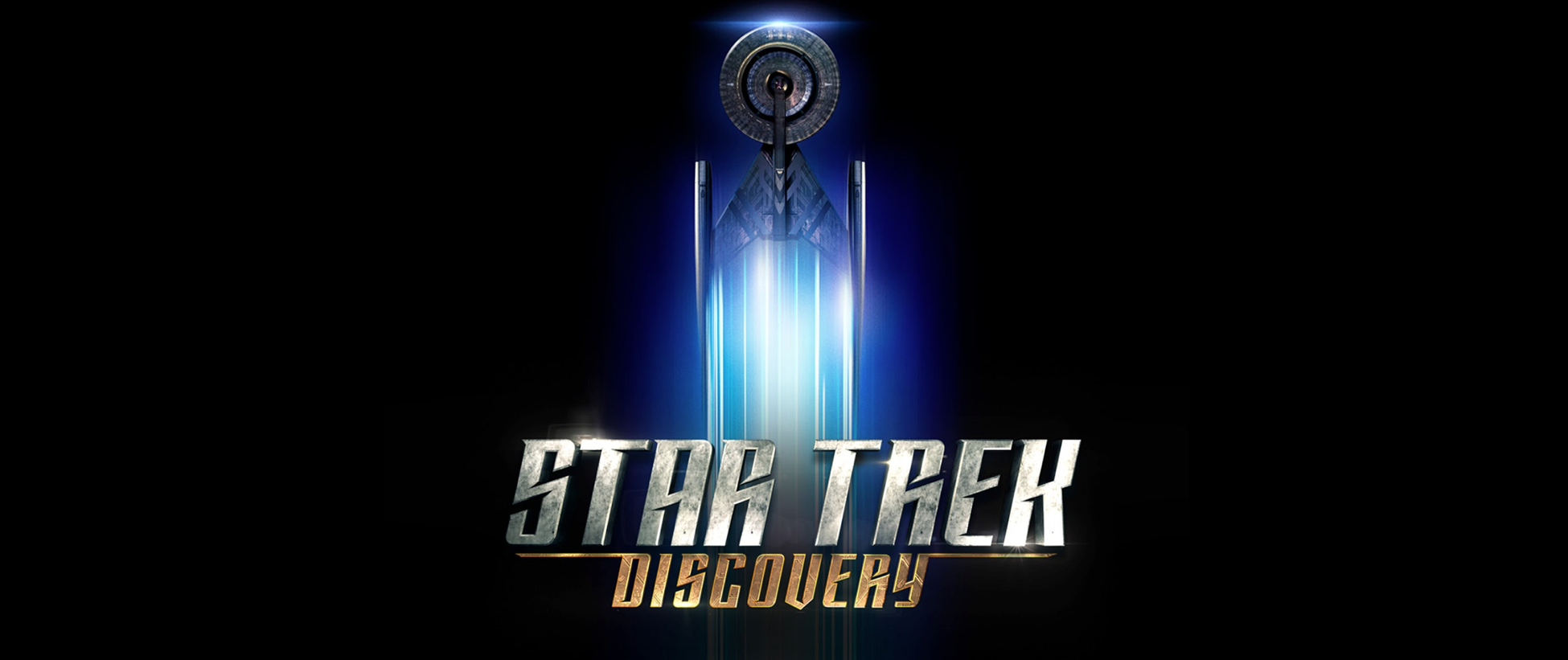
The two-parter series premiere of STAR TREK: DISCOVERY was, as our logical Vulcan characters would say, functional. It’s definitely not classic TREK—so far—but it’s also not too shabby as a television show. It is clear from the costumes, sets, shooting style, and subject matter that the new DISCOVERY series is geared towards fans gained during the Abramsverse-era—an understable strategy—but still leaves me a bit disappointed as a fan who adores the first four Star Trek series (piss off, ENTERPRISE).
STAR TREK: DISCOVERY is the first Star Trek series whose main character is not a captain. Instead, DISCOVERY chronicles the experiences of Michael Burnham, a disgraced Starfleet officer convicted of mutiny (don’t worry, she just was trying to save her ship). During these first two episodes, we observe the situation that led to Burnham’s disobedience, and by the end, Burnham is sentenced to life imprisonment. Also during the hour-and-a-half opening, Burnham manages to provoke the warrior race, the Klingons, by killing their sentry. These two episodes depict the relationship between Burnham’s new life as a convicted mutineer and the heating of the Klingon Cold War. They function as more of a prologue to the actual series than an introduction.
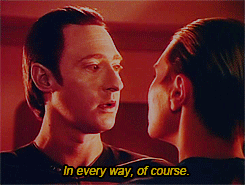
FULLY functions
The 90-minute premiere is an extremely sober and serious depiction of the Star Trek universe, lacking playful and campy lines and scenes to balance the seriousness of various life-threatening predicaments as every other series (and movie) has been certain to include. HOWEVER. Beginning with the next episode, I would bet real, hard cash (or Federation credits) that the camp will come back into the picture with a vengeance. My confidence is strongly bolstered by the casting of Rainn Wilson as Harry Mudd, one of the most colorful classic Star Trek characters in the universe. We can count on his inclusion (in no less than seven episodes!) as an indication of the direction the USS Discovery is heading.

Set phasers to STUNNING
Despite the overused Trek cliche of the internal struggle between Human emotion and Vulcan logic, Michael Burnham, who is human but was raised on Vulcan by Spock’s father, Sarek, is still an enticing character. Since returning to human civilization, which we observe through a flashback, she has learned to embrace her human roots and mannerisms, but retains the logic and discipline of her Vulcan upbringing, wields them with supreme confidence. At one point she must make a logical case to the ship’s computer to release her from her cell in the brig in order for her to survive and avoid being blown out into space. She must lead the computer through its own logical reasoning to engage its ethical protocols that will save her from certain death. Michael handles this with a cool, steady demeanor and to be quite honest, like Spock before her, making logical reasoning positively sexy. Burnham is strong and confident, with every right to be, as her mentor, Captain Georgiou (the badass Michelle Yeoh), tells her. She’s strong and unflinching in the face of probable death, the model of a Starfleet officer. Like Captain Janeway before her, Michael Burnham is a character that all little girls should have the privilege of watching.
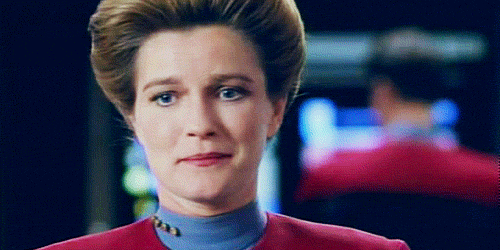
#Proudspacemom
But next week will probably see an overhaul of many of the characters we observed in this first night of DISCOVERY, since Burnham will be moving from the USS Shenzhou to the USS Discovery, captained by Gabriel Lorca (Jason Isaacs, of Lucius Malfoy fame). A new ship, a new crew, and a new mission. Many things are about to change for Michael Burnham and her viewers. The style of the show, however, will probably stay the same as it seems that the look of DISCOVERY is meant to be more consistent with the Abramsverse Star Trek movies than the series that take place in the same timeline as DISCOVERY. (The recent movies, STAR TREK, STAR TREK INTO DARKNESS, and STAR TREK BEYOND all take place in an alternate timeline, sometimes called the “Abramsverse,” or simply “alternate,” while the rest of the Star Trek universe remains in the original, or “prime,” timeline.) The copious lens flares and floating and swooping camera that have become Star Trek’s identifying characteristic in this seem to be here to stay (thanks, JJ).
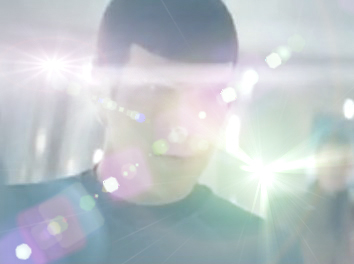
OH COME ON
Though STAR TREK: DISCOVERY seems to be focusing on the rising tensions between Klingons and the Federation and the precursors to war, the writing did make an aside to a theme that hopefully will be explored further in future episodes: colonialism. The Klingons describe the Human phrase of, “We come in peace” as a lie. Captain Georgiou repeats these same words, earnestly believing them to be true. But seeing as Europeans “came in peace” to the Americas, one cannot blame the Klingons for seeing this as a lie. It is a sleeper theme in this first episode, not fully explored and introduced under the radar. The main plot elements far outshine any deeper themes, but hopefully this light suggestion of a more profound meaning within will develop into a much greater part of this series.
There is definitely potential for excellence in STAR TREK: DISCOVERY. Numerous elements have already been set up that will make it a true credit to the Star Trek universe and original timeline. And even if DISCOVERY fails to include complex social themes or campy and quippy banter that are hallmarks of the Trek style, it will remain enjoyable, just not as Trek-y. So far, DISCOVERY seems too beholden to the current styles in TV serials, from the anti-hero as main character to the generic title sequence (especially sad for Trekkies) and serial format (though some Star Trek seasons have been partially serialized, every generation can be described as episodic). But if DISCOVERY can break free of the generic tropes dominating current television narrative series, it will become one of the best things on TV, and I have total confidence that it will succeed in this. So grab your communicators and set your phasers to stun; it’s going to be a warp-speed ride!
Verdict: Sh** Probation
STAR TREK: DISCOVERY airs on CBS on Sundays


